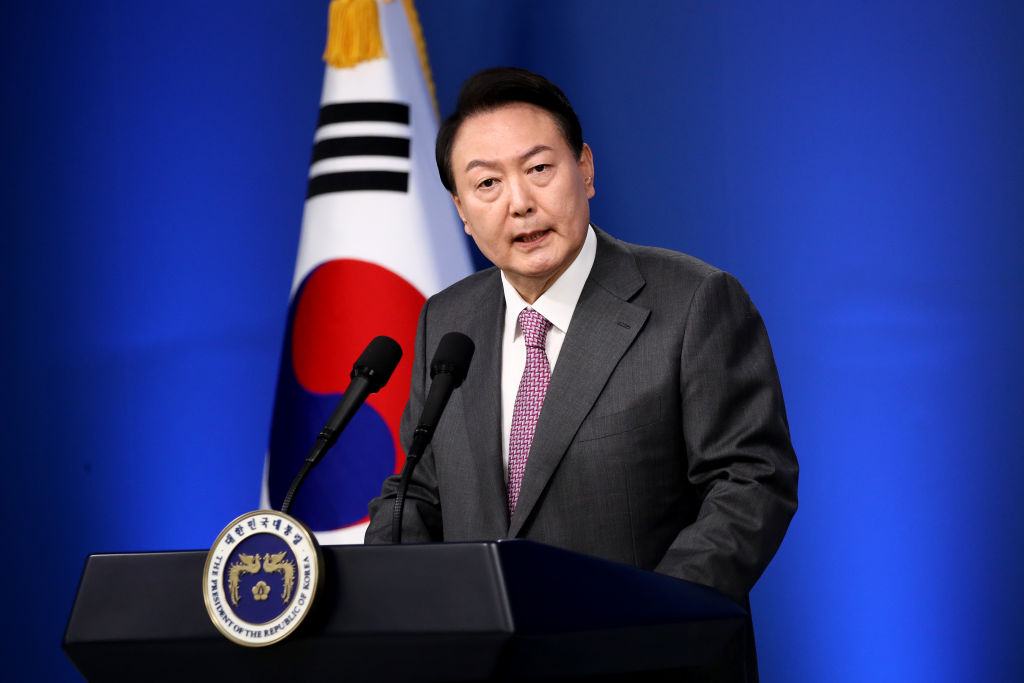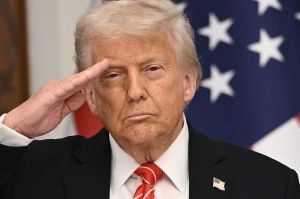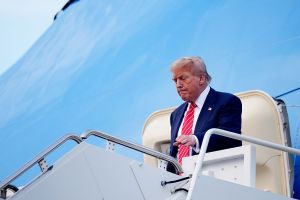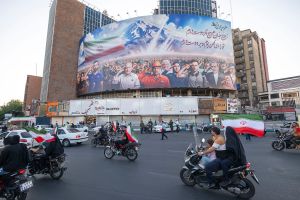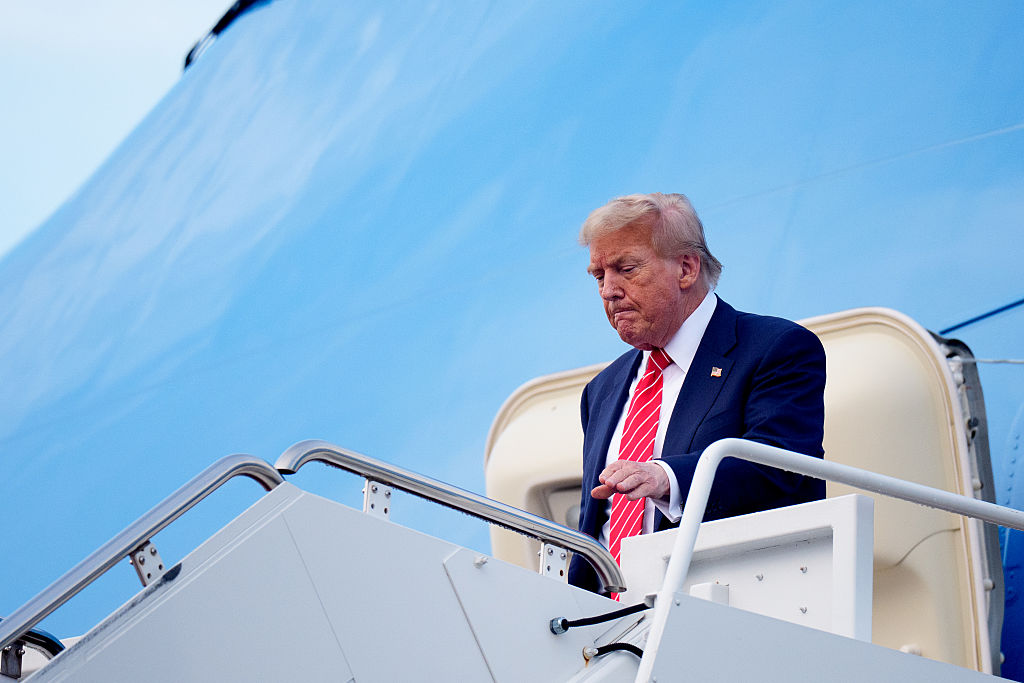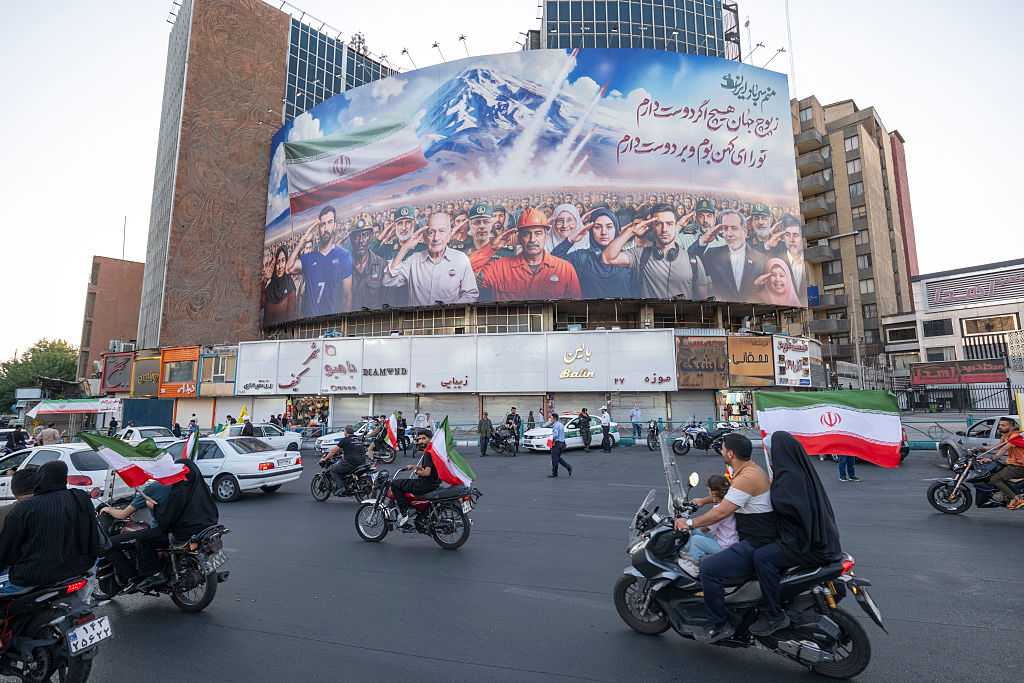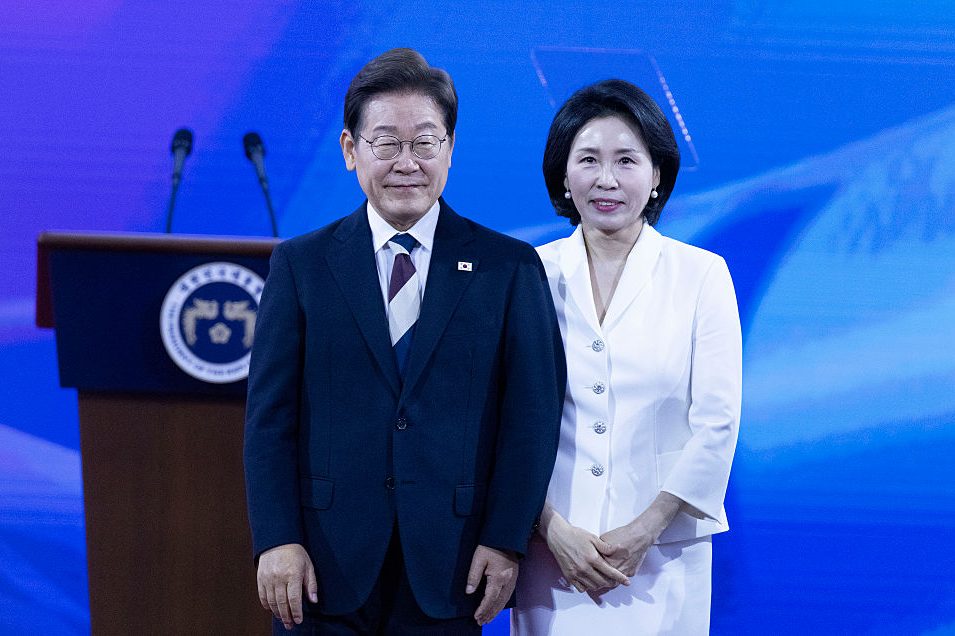Yoon Suk-yeol isn’t a household name in the United States, but his comments this week have put him in the international spotlight. Speaking at a press briefing on Wednesday, the South Korean president openly surmised that if North Korea’s nuclear weapons program continued unabated, Seoul may have to explore an option the United States wouldn’t like: producing nuclear weapons of its own.
Referring to Pyongyang’s weapons programs, Yoon said, “It’s possible that the problem gets worse and our country will introduce tactical nuclear weapons or build them on our own. If that’s the case, we can have our own nuclear weapons pretty quickly, given our scientific and technological capabilities.” The remarks generated immediate pushback from nuclear security experts. Toby Dalton, the co-director of the Carnegie Endowment’s Nuclear Policy Program, tweeted that Yoon’s remarks were “irresponsible, contrary to trust within the ROK-US alliance, [and] deserving of condemnation.”
Speculation has been ripe as to why Yoon even uttered those words to begin with — could it be a desperate plea to improve his domestic popularity by sounding tough and resolute, knowing that a majority of South Koreans now support Seoul becoming a nuclear power?
The truth is we don’t know what the exact motivation was. The South Korean government could be concerned about Washington’s extended deterrence commitment, or questioning whether the US would come to the South’s defense in the event of a North Korean attack. This concern is actually quite common among countries under the American nuclear umbrella. During the Cold War, Western Europe openly wondered whether the United States would be willing to fight off Soviet military aggression given that Moscow had the capability to destroy American cities with strategic nuclear weapons. The US calmed those fears by stationing hundreds of thousands of American troops in West Germany, deploying short- and medium-ranged tactical warheads on the continent and eventually engaging in painstaking arms control talks with Moscow.
Even so, the situation on the Korean Peninsula is hardly comparable. As defense analyst Zachary Keck wrote back in October, today’s South Korea is in a far better position with North Korea than Europe was with the Soviet Union. The reason: North Korea is still an antiquated conventional military power, which helps explain why Pyongyang has invested such considerable resources into its nuclear and missile programs.
This isn’t the first time Seoul has floated the idea of adopting a nuclear deterrent of its own. During the mid-1970s, South Korean dictator Park Chung-hee sought to lay the groundwork for nuclear weapons production — until the US found out about the plan and spent considerable diplomatic capital shutting it down. The State Department got wind of the scheme in November 1974, when it sent an “alert report” to then-secretary of state Henry Kissinger detailing that Park “privately told Korean newsmen last August that he had ordered Korean scientists to develop ‘atom bombs’ by 1977.” The Ford administration took the intelligence to heart and outlined general directions to the US Embassy in Seoul the following year: “our basic objective is to… inhibit to the fullest possible extent any ROK development of a nuclear explosive capability or a delivery system.”
The US-led effort took years to bear fruit. Park, a man who labeled himself “president for life,” wasn’t willing to budge from his position: South Korea had the sovereign right to nuclear technology and its talks with France to purchase a reprocessing facility had nothing to do with nuclear weapons. The US piled on the diplomatic pressure, working with the Canadians to drive home the point that proceeding with the reprocessing plant would deal US-South Korean relations a significant blow. Canada, in its own negotiations with Seoul over nuclear reactors, explicitly told Park in January 1976 that the deal was off unless he dropped his talks with the French.
The bid worked. Park, a proud and stubborn man, was forced to climb down. South Korea, however, didn’t stop experimenting with the nuclear fuel cycle. In 2004, the International Atomic Energy Agency reported that Seoul had an undisclosed nuclear facility, had extracted plutonium in 1982, and had enriched uranium to nearly bomb-grade levels in 2000. The South Koreans argued those activities shouldn’t be regarded as anything other than simple research, but the IAEA director general at the time labeled the discoveries of “serious concern.”
Now, Yoon’s casual remarks have put the past into a new light. The Biden administration may stress the importance of alliances about every three seconds, but like the other administrations of yesteryear, it won’t support an ally breaking its non-proliferation commitments and becoming a member of the nuclear club. You can expect US officials to have candid talks behind closed doors — if they haven’t already.



